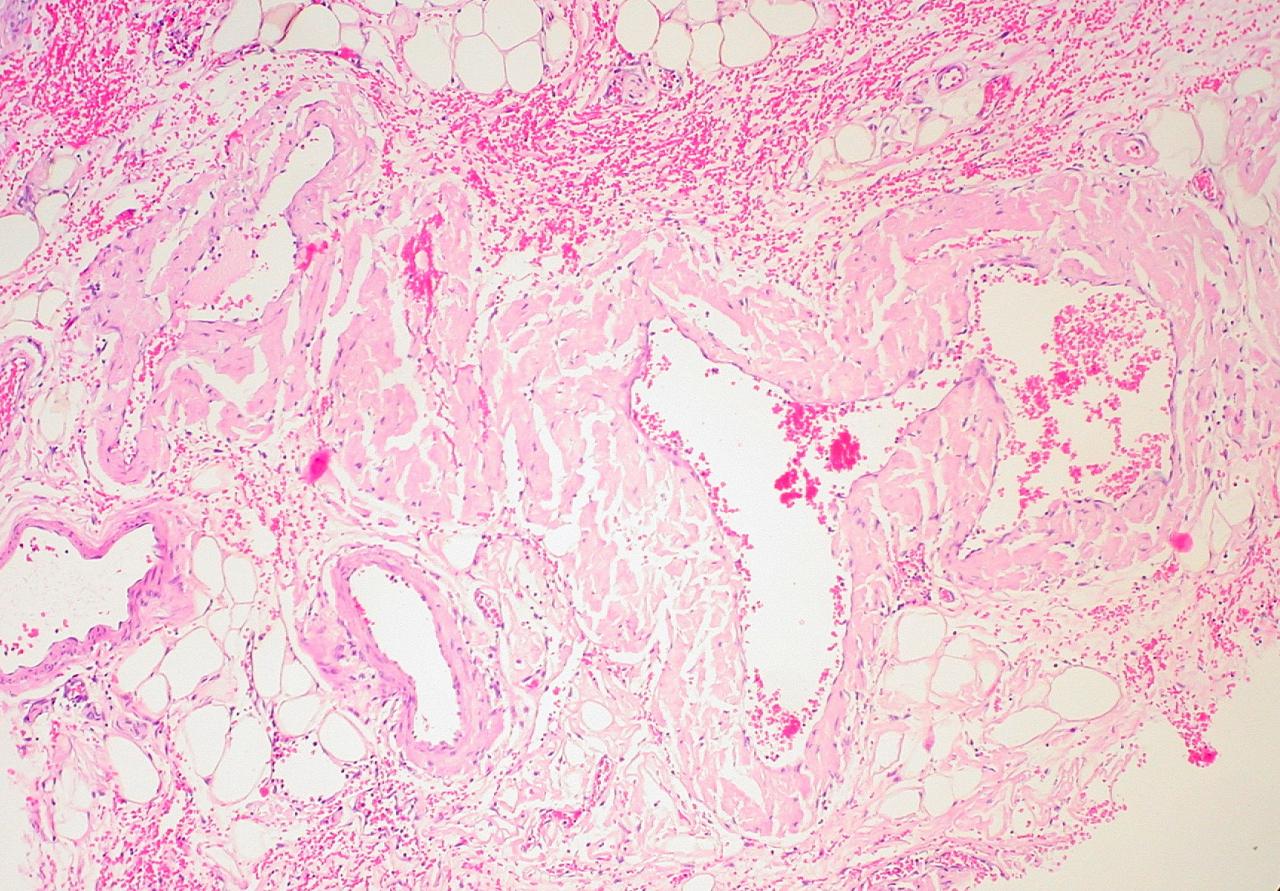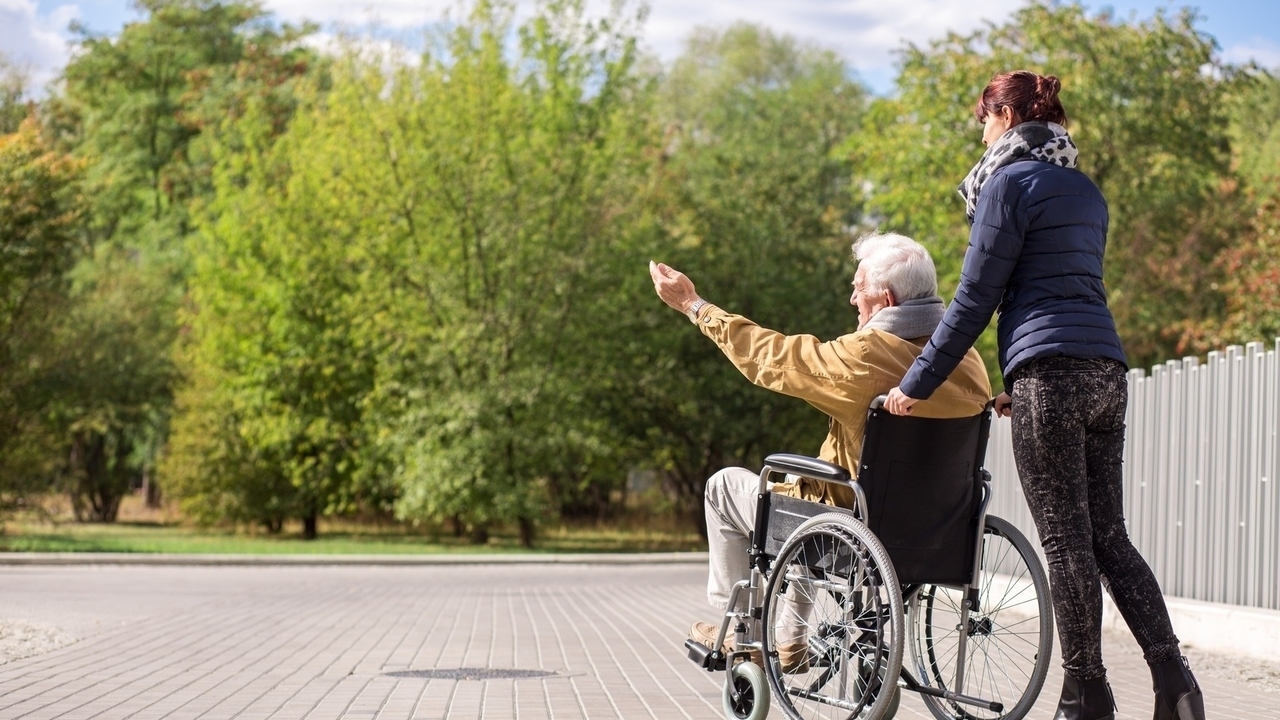Post-traumatic stress disorder (PTSD) affects people who have been exposed to traumatic experiences. The National Institute of Mental Health (NIMH) explains that 3.5 percent of adults in the United States have PTSD, which is about 7.7 million people. Various types of trauma can trigger this anxiety disorder. For example, assault, domestic violence, war, terrorism, accidents and disasters can cause PTSD in some people. PTSD can develop at any point in a person's life, including childhood. The NIMH points out that the average age of onset is 23.
The symptoms of PTSD depend on the patient's emotional state. For example, when a patient is having a flashback or intrusive memory, she can have upsetting dreams about the event. When a PTSD patient is in the avoidance stage, she can become emotionally numb. She may try to avoid thinking about the event, which can include avoiding certain activities. The MayoClinic.com points out that she may have trouble getting close to people, which can affect her relationships. Problems with memory and concentration can occur. She may also feel hopeless about her future. During the emotionally aroused stage, the patient can become irritable and easily startled. She may feel guilty about what happened, even if it was not her fault, which can fuel self-destructive behavior. She can have trouble sleeping, and may see or hear things that do not exist.
Vietnam veterans are one group with a large percentage of PTSD cases. For example, the NIMH notes that 19 percent of Vietnam veterans have been diagnosed with PTSD. Besides the emotional problems, PTSD can also affect patients' health. A new study published in the Archives of General Psychiatry found that the risk of dementia doubles in older veterans with PTSD. The study involved over 180,000 veterans who were 55 years or older. Reuters Health reports that 11 percent of the veterans with PTSD developed dementia, compared to seven percent of veterans without PTSD who developed PTSD. Even after taking in account other physical and mental health conditions, the researchers still found the difference.
Dementia can result in serious cognitive problems. During early dementia, patients can have trouble finding names for objects and may misplacing things. Their emotions and behaviors can become affected, resulting in a flat mood and loss of social skills. When the dementia advances, these problems become more apparent. For example, patients can have problems remembering events that happened recently and information from their lives, such as from their childhoods. The loss of social skills worsens, leading to patients withdrawing from other people. Other symptoms of intermediate dementia include hallucinations, delusions, poor judgment, depression, and problems with reading and writing. MedlinePlus points out that by the advanced stage of dementia, patients can no longer perform tasks by themselves, such as feeding themselves. Patients also lose their language skills and cannot recognize their family members.
The reason why PTSD causes dementia is not fully known. However, the researchers believe it may result from the changes that the stress makes to the brain.





Add a CommentComments
There are no comments yet. Be the first one and get the conversation started!